HPC Containerization and Virtualization Software
HPC Containerization and Virtualization software are vital, modern-day approaches to reducing engineering costs, improving scalability, and simplifying the deployment of HPC software across multiple machines and platforms. While they accomplish similar functions, how can you tell which one is appropriate for your HPC data center?
Our team of experienced engineers stands at the ready to help your team maximize the efficiency of your hardware by strategically leveraging the right mix of software. Prepare your HPC data center for hyperscale and significantly reduce time to insights by contacting Aspen Systems Inc. today.



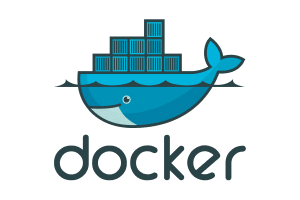
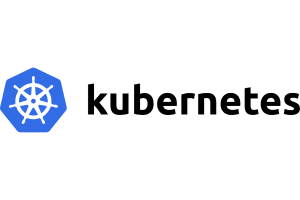
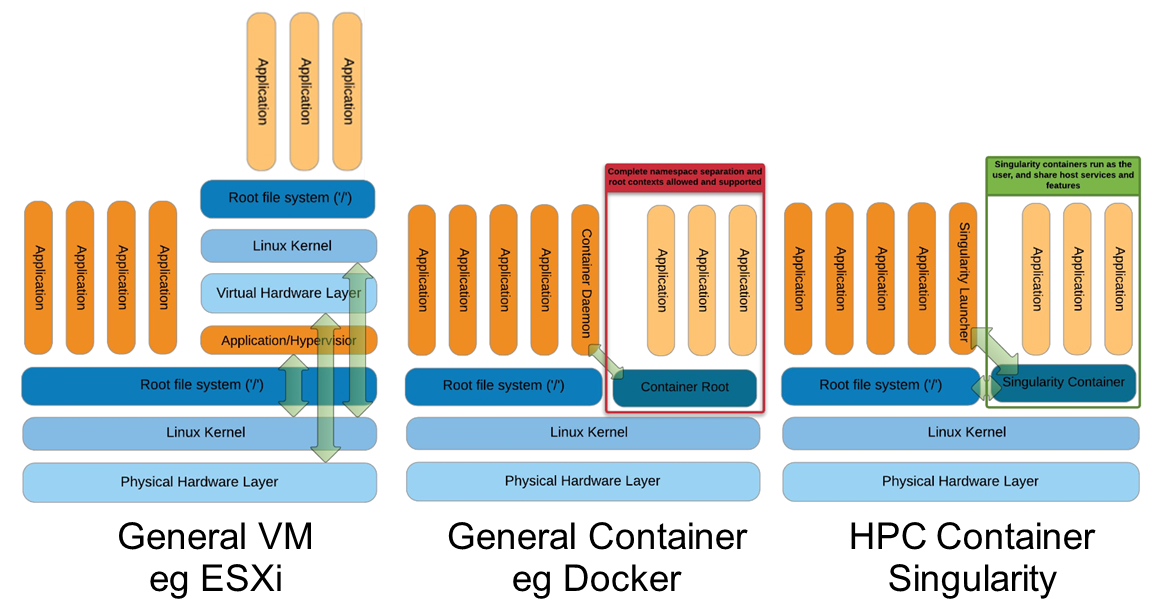
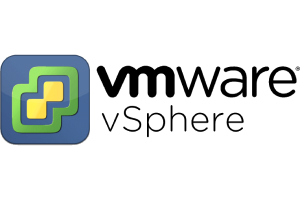
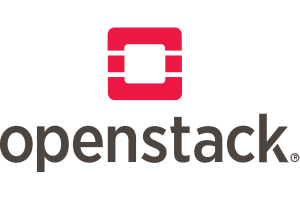
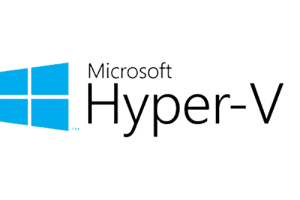
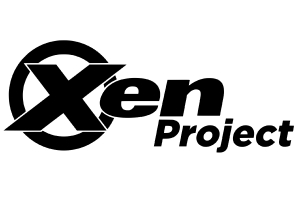


 Cooling
Cooling